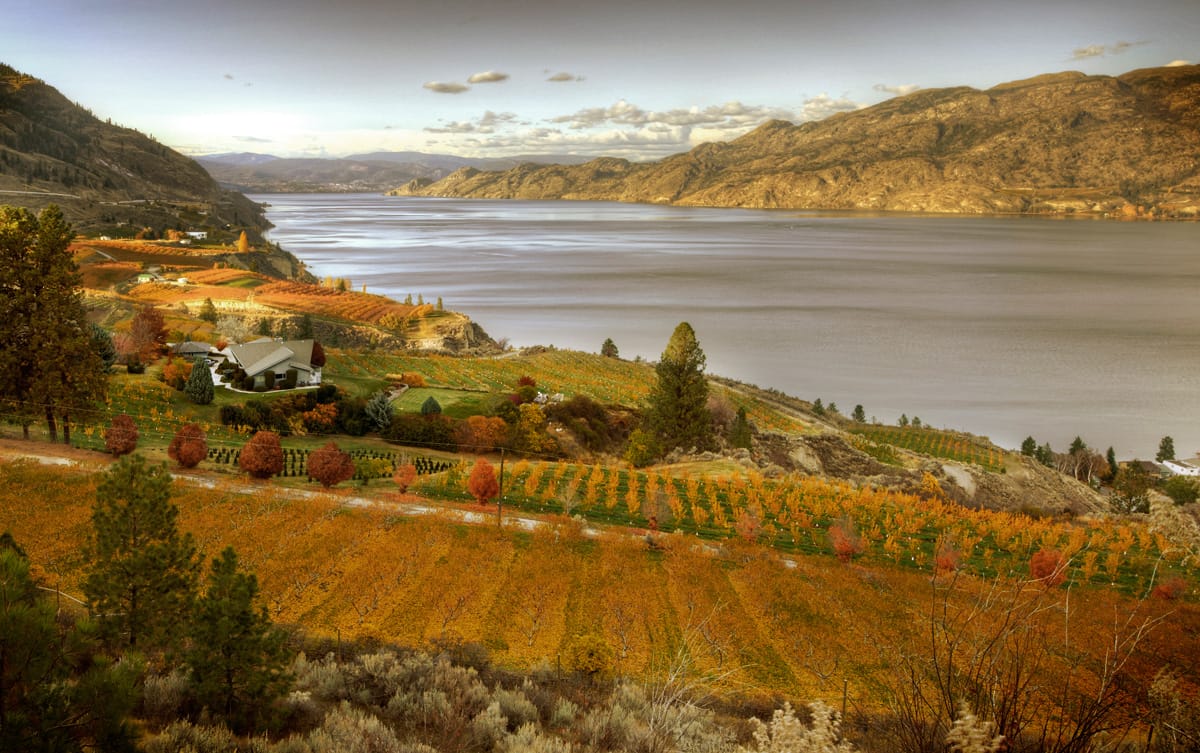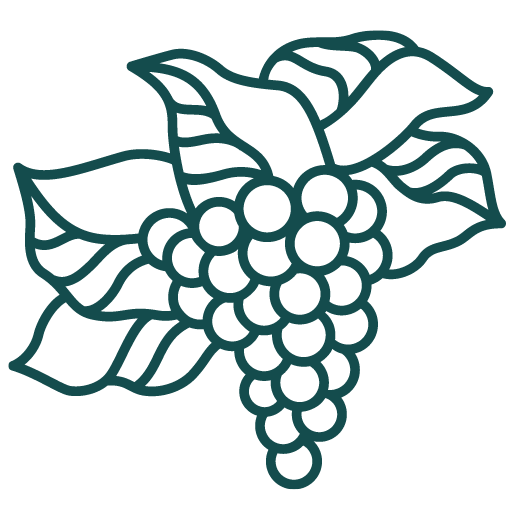
Wine Culture Magazine

Okanagan Crush Pad Matsu Drive Vineyard. Lionel Trudel photo
Anyone who still doubts the climate is changing must not be spending much time in the vineyard.
Just ask Anthony von Mandl. The proprietor of Mission Hill Family Estate and other wineries recently noted that, at the current rate of warming, Napa Valley will soon be able to grow only “Cabernet Sauvignon and table grapes.”
Vines are thriving further and further to the north. Grapes like Syrah and Tempranillo are growing in regions that would have been impossible just a few years ago—and even France is allowing new varieties to be planted “for climate and environmental adaptation.” Harvest in many wine regions is earlier each year, and so is bud break. Wildfires have become an annual threat.
But it’s not just a changing climate that has vintners like von Mandl learning to adapt. All over British Columbia, winemakers and growers are keeping the planet in mind by reducing chemicals, water use and energy consumption. They’re building LEED-certified tasting rooms. They’re planting thoughtfully. They’re even going vegan. And all that care for the planet ultimately translates into better-tasting wine.
In the following weeks, Vitis looks at some of the most planet-friendly initiatives under way in B.C. with a series of six stories about sustainability in the industry.

Vitis is is an indispensable seasonal guide for vintners, sommeliers and weekend imbibers alike that is dedicated to British Columbia’s rapidly evolving wine culture.

Vitis is is an indispensable seasonal guide for vintners, sommeliers and weekend imbibers alike that is dedicated to British Columbia’s rapidly evolving wine culture.
Copyright © 2025 - All Rights Reserved Vitis Magazine